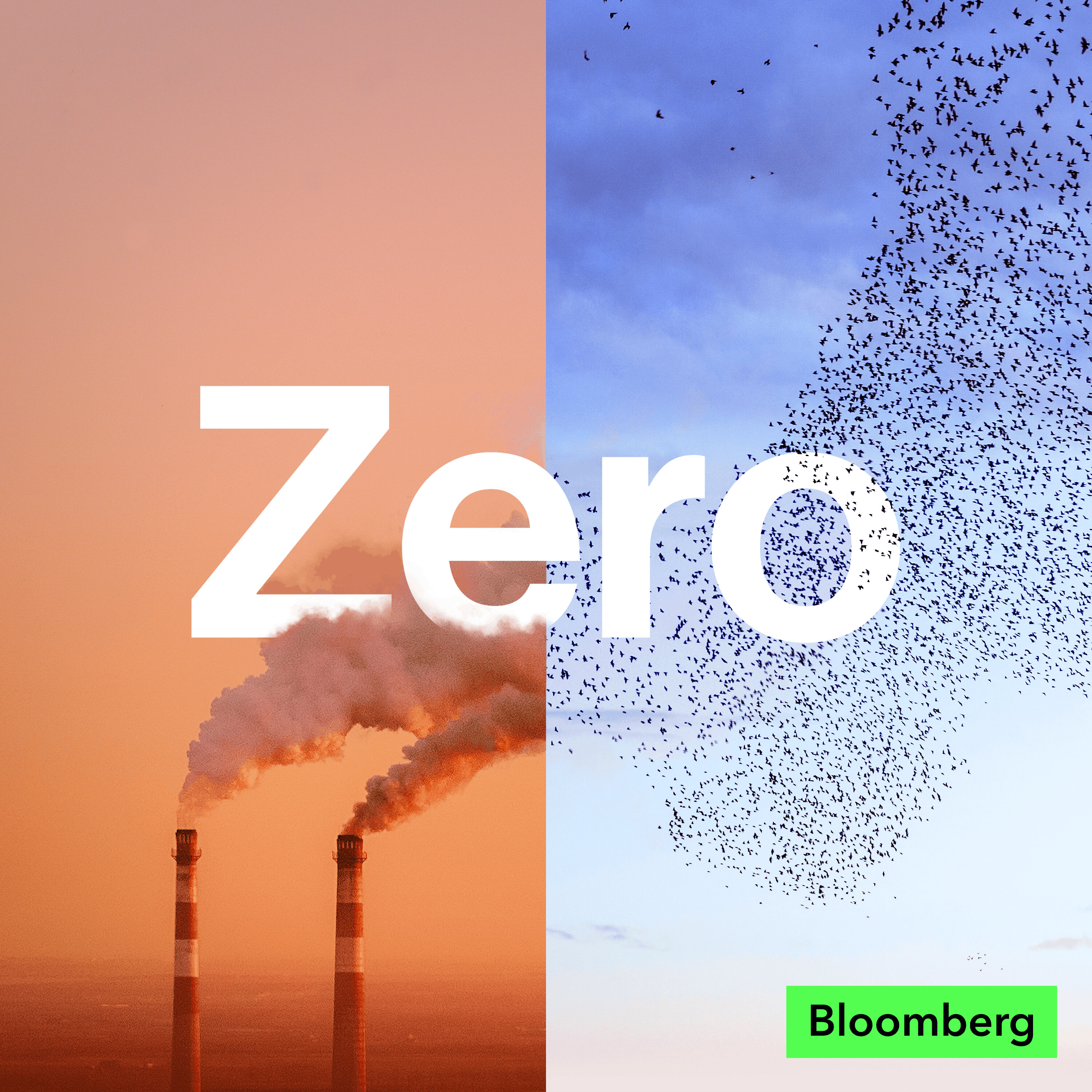
Step aside, COP29. How Brazil is looking to supercharge COP30

Zero: The Climate Race
Deep Dive
Why is Brazil hosting COP30 in Belém instead of larger cities like Rio or São Paulo?
Brazil is hosting COP30 in Belém, a gateway to the Amazon, to emphasize the importance of the Amazon rainforest in the global climate conversation. The location holds significant political power and symbolism, despite the logistical challenges of hosting 50,000 delegates in a smaller city.
What are Brazil's main goals for COP29?
Brazil aims to strengthen multilateralism and ensure the success of COP29 to demonstrate the effectiveness of the UNFCCC and the Paris Accord. Key focus areas include finalizing Article 6 on carbon markets and securing a new quantified goal on climate finance to support developing countries.
What challenges does Brazil face in hosting COP30 in Belém?
Belém lacks the infrastructure to host 50,000 delegates, and Brazil must balance improving the city for the event while ensuring a positive legacy for its residents. The focus is on transparency and proportionality, avoiding excessive construction solely for the conference.
How does Brazil plan to address the credibility of old carbon credits in Article 6?
Brazil acknowledges concerns about the environmental integrity of old carbon credits, particularly renewable energy credits, which some experts consider 'junk.' The country emphasizes the importance of forestry credits, which are scientifically supported as effective carbon sinks, and aims to ensure the majority of credits maintain environmental integrity.
What is Brazil's stance on the new quantified goal on climate finance (NCQG)?
Brazil believes the NCQG is crucial for developing countries to meet their climate targets. However, the current financial commitments fall far short of the trillions needed. Brazil advocates for lowering the cost of capital for middle-income countries and mainstreaming climate investments into broader economic strategies.
How is Brazil preparing for COP30 amid potential U.S. backtracking on climate commitments?
Brazil recognizes the challenge of U.S. backtracking but emphasizes the importance of engaging with U.S. states, businesses, and scientists that remain committed to climate action. The focus is on building a strong global consensus on climate urgency, even if the U.S. federal government withdraws from the Paris Agreement.
What is the significance of hosting COP30 in the Amazon region?
Hosting COP30 in the Amazon highlights Brazil's commitment to addressing deforestation, its main source of emissions, and showcases the region's complexity, including its natural beauty and social challenges. The location underscores the global importance of the Amazon in climate discussions.
How does Brazil reconcile its growing oil production with its climate goals?
Brazil faces a dual reality of technological advancements in oil exploration and the need to transition away from fossil fuels. The country is engaging in a national debate on balancing economic benefits from oil exports with its commitment to climate leadership, as emphasized by its Minister of the Environment, Marina Silva.
Shownotes Transcript
Plans are already underway for COP30 to pick up the baton-- and tackle COP29's unfinished business. Next year’s climate conference is set to take place in Belem, Brazil, a gateway to the Amazon rainforest. André Corrêa do Lago, Brazil’s Secretary for Climate, Energy and the Environment tells Akshat Rathi that although holding a global summit in Belem poses logistical challenges, the symbolism of the location holds “fantastic political power.”
Explore further:
- Past episode about Azerbaijan’s challenges with hosting COP29 in Baku)
- Past episode with Brazil's chief climate negotiator, Liliam Chagas, about the viability of a fossil fuel nonproliferation treaty)
- Past episode with ExxonMobil CEO Darren Woods, about his decision to attend COP29)
Zero is a production of Bloomberg Green. Our producer is Mythili Rao. to Simone Iglesias, Siobhan Wagner, Ethan Steinberg, Blake Maples, and Jessica Bank. Thoughts or suggestions? Email us at [email protected]. For more coverage of climate change and solutions, visit https://www.bloomberg.com/green).
See omnystudio.com/listener) for privacy information.